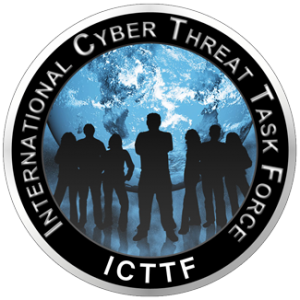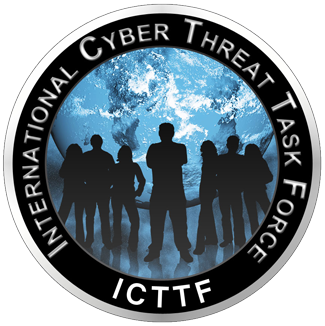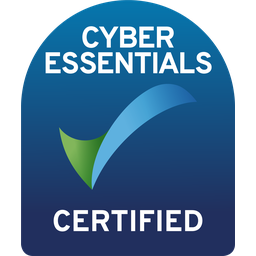DORA and ICT Incident Handling
Mastering ICT Incident Handling in the Financial Sector: A DORA Compliance Blueprint
In the labyrinth of financial operations, the handling of ICT incidents is not just a reactive measure but a strategic imperative. The Digital Operational Resilience Act (DORA) has placed ICT incident handling under the spotlight, recognizing its pivotal role in maintaining the continuity and integrity of financial services within the European Union. This blog post aims to dissect the critical requirements of DORA concerning ICT incident handling and provide senior members of the financial sector with actionable insights to navigate this regulatory landscape.
The Criticality of ICT Incident Handling in DORA
DORA’s stringent focus on ICT incident handling is a testament to the EU’s commitment to safeguarding the financial sector from the ever-evolving cyber threats. The ability to manage and respond to ICT-related incidents is not merely a compliance requirement but a cornerstone of operational resilience. In an interconnected financial ecosystem, a single incident can cascade into systemic disruptions, underscoring the need for robust incident handling protocols.
DORA’s ICT Incident Handling Requirements
DORA mandates a structured approach to ICT incident handling, encompassing:
Incident Management Procedures: Financial entities must establish comprehensive incident management procedures to ensure a swift and effective response to ICT-related incidents.
Incident Reporting Mechanism: An effective incident reporting mechanism is crucial for the timely detection and notification of ICT-related incidents to relevant authorities.
Classification of Incidents: DORA requires the classification of incidents to prioritize response efforts and resources effectively.
Information Sharing: The Act encourages the exchange of information and intelligence on cyber threats, promoting a collaborative defence strategy.
Actions for Compliance with DORA’s ICT Incident Handling
To meet DORA’s ICT incident handling requirements, financial entities should:
Establish Incident Management Frameworks: Develop and maintain incident management frameworks that define roles, responsibilities, and procedures for addressing ICT incidents.
Implement Incident Reporting Mechanisms: Set up mechanisms for the prompt reporting of significant cyber incidents to competent authorities, ensuring rapid response and management.
Classify and Prioritize Incidents: Adopt a classification scheme for incidents to facilitate prioritization and allocation of resources for incident response.
Foster a Culture of Information Sharing: Engage in information sharing initiatives to gain and contribute insights on emerging cyber threats and vulnerabilities.
Conclusion
ICT incident handling is a critical component of the broader objectives of DORA, reflecting the interconnected nature of the financial sector and its reliance on digital operational resilience. Senior financial sector members must embrace a holistic view of DORA’s requirements, recognizing that effective incident handling is not an isolated activity but part of an integrated resilience strategy. By proactively enhancing ICT incident handling capabilities, financial entities not only comply with DORA but also contribute to the sector’s collective strength against cyber threats. In the spirit of DORA, let us fortify our defences, not in silos, but as a united front in the face of cyber adversity.


